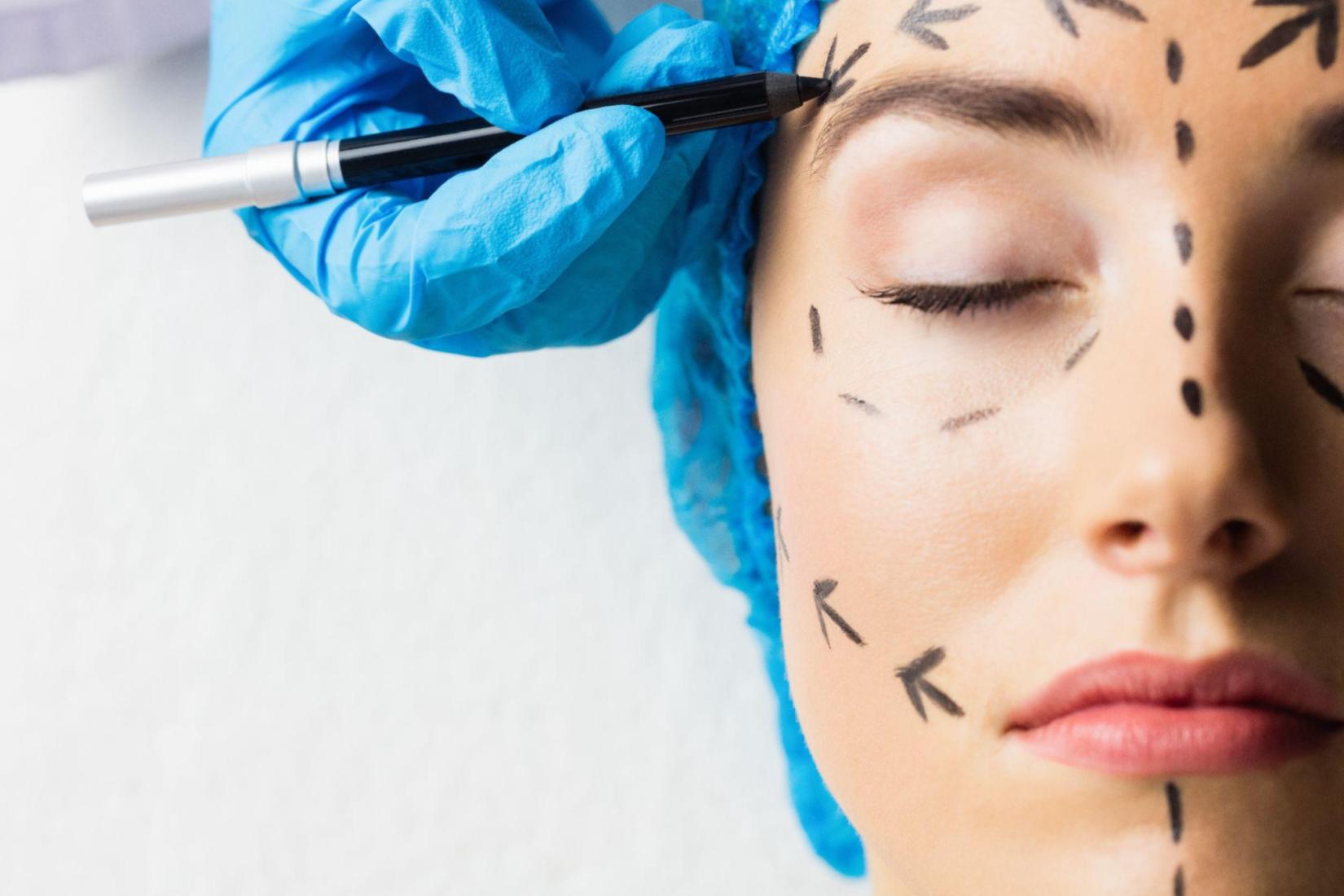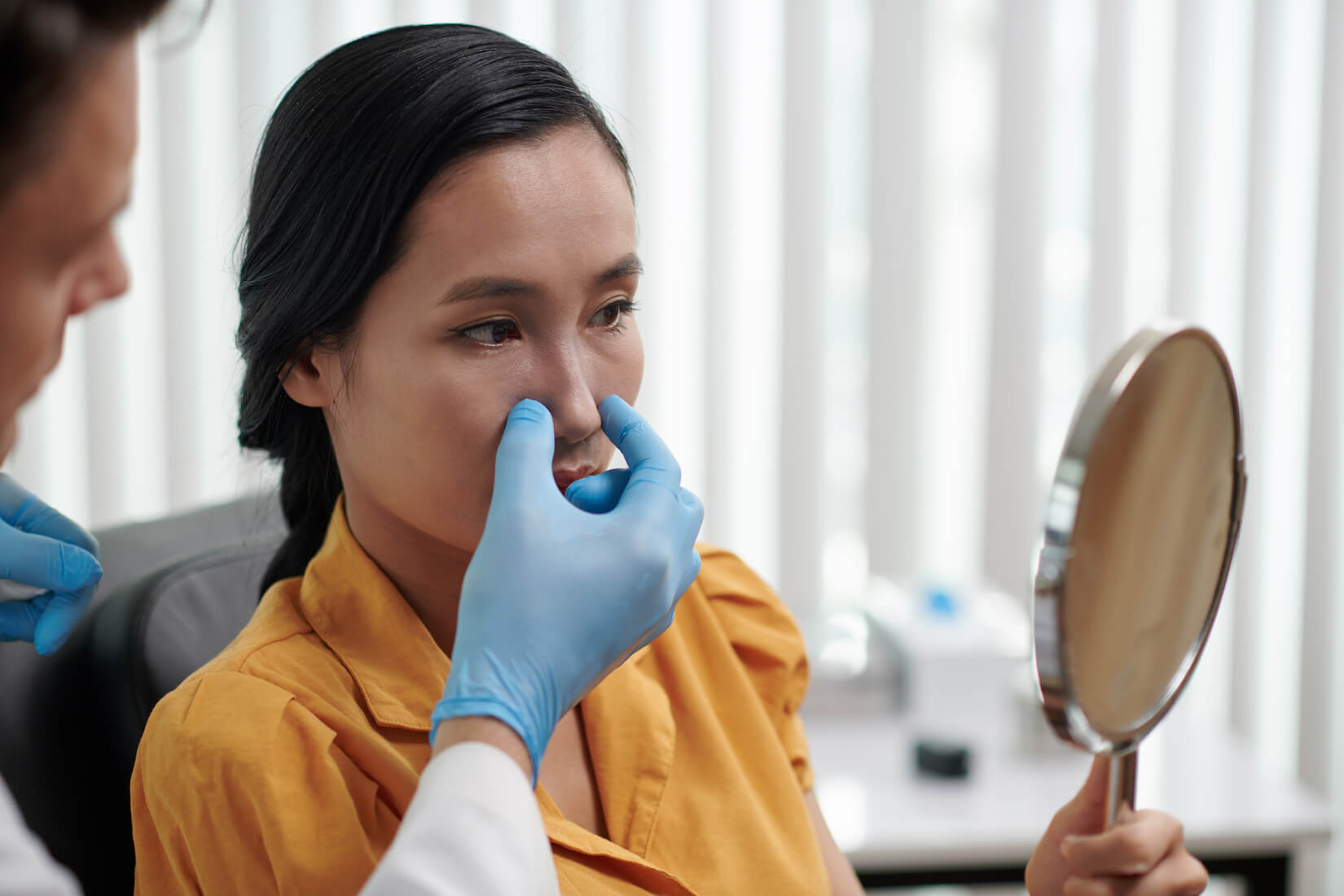Plastic surgery is a major commitment, often requiring significant downtime and results that can take months to fully present themselves. Thus, it is important to choose the best plastic surgeon who knows how to do the procedure right the first time and takes steps to minimize the potential downsides of any procedure.
This is why it is important to ask the right questions before choosing to undergo any plastic surgery. Thorough communication with your surgeon ensures your safety, confidence, and satisfaction with the results. So, without further ado, let us dive into questions you should always ask your plastic surgeon before undergoing surgery.
1. Are You Board-Certified?
The first question you should always ask is if the surgeon is board-certified. Board certification represents years of surgical training and an adherence to high standards of safety and performance. Becoming board-certified means the surgeon is tried and tested to be effective at their job.
However, not all boards are created equal. You should be on the lookout for verification by recognized boards. Recognized boards are recognized for their commitment to standards and hold great authority in the medical community. One such recognized board is the prestigious American Board of Plastic Surgery (ABPS), which offers easy-to-use resources for those looking to see if their surgeon is board-certified through them.
2. What Is Your Experience With This Procedure?
Each plastic surgery requires a specific skill set, and thus, a general plastic surgeon may not be as well suited to the procedure as one specialized in the surgery you are looking for. It is important to ask your surgeon what their experience is with the technique you are looking at. Ask them about success rates, how many they have done, and if they have any specialization in the procedure.
3. Can I See Before-and-After Photos?
Before-and-after photos are the most direct way of assessing experience for most people. Review these photos to gauge the surgeon’s skill and aesthetic style. It is always recommended to look for cases similar to your own so you can have the best point of comparison for your benefit.
4. What Are Some of the Risks?
Plastic surgery is a major surgery requiring anesthesia and long downtime, so it is important to know the potential downsides. A good plastic surgeon should be able to guide you through the potential complications that may arise and what they plan to do to minimize them. However, even the best-laid plans can sometimes go awry, so it is also important to discuss how complications will be managed if they do arise.
5. What Will My Recovery Be Like?
It is important to know your recovery timeline post-surgery. Plastic surgery is often followed by a period of downtime during which certain actions will likely be restricted. Ask about what activities may be restricted and when your normal life may resume.
Recovery times can vary significantly depending on the procedure. For instance, most patients can return to normal activities within 2-3 weeks after a facelift, but complete recovery can take up to 6-12 months. Additionally, you should ask about any support systems that may be in place, such as follow-up appointments and the surgeon’s availability for any urgent concerns during your recovery.
6. What Are the Costs Involved?
As an elective procedure, plastic surgery can be expensive. Ask for the full cost breakdown of your procedure so you aren’t blindsided by unforeseen costs. Hidden fees like anesthesia or facility charges can easily turn a previously affordable procedure into an unaffordable one. Ask your surgeon about these and make sure all costs are transparent and accounted for.
Some clinics offer financing options or work with credit companies to make the procedure more affordable. Understanding the full financial commitment upfront helps avoid surprises and allows you to plan your budget accordingly.
7. Will I Need Additional Procedures?
Some procedures might require touch-ups or complementary procedures to achieve the desired results. Ask your surgeon if you should anticipate any of these and when you should expect them to come up. Knowing these helps create a more complete timeline of your procedure and can help you prepare for any additional costs.
For example, certain procedures might need revision surgeries or complementary treatments such as fillers or laser therapy to enhance and maintain the results. Knowing this ahead of time allows you to make a more informed decision and prepare for potential future costs.
8. How Can I Maintain My Results?
The lifestyle choices of the patient can often significantly affect the longevity of their plastic surgery results. You should discuss with your surgeon the proper ways to maintain and prolong the results of your surgery. This may include lifestyle changes, skincare routines, exercises, or periodic additional treatments. Your surgeon should be able to offer advice on how to preserve your look for as long as possible.
9. Can You Explain the Surgical Technique?
Knowing a bit more about the procedure you are about to undergo can often provide peace of mind. Additionally, it allows the surgeon to express their knowledge and discuss how the procedure aligns with your aesthetic goals. It also opens up a dialogue about your expectations of the procedure and can help the surgeon tailor their technique to suit those expectations better.
10. What Should I Do to Prepare for Surgery?
Always ask how to prepare properly for surgery. Your surgeon should be able to discuss any pre-operative instructions, such as dietary restrictions, medication adjustments, and lifestyle changes that can improve surgical outcomes. Additionally, ask about any arrangements you need to make for post-surgery care. This may include arranging transportation home or having someone to assist you during the initial recovery period.
Preparing for a Successful Plastic Surgery
Undergoing plastic surgery is a major choice and should be treated seriously. Do your due diligence by preparing and researching the procedure, and don’t be afraid to ask your surgeon to address any concerns you may have. Ask your surgeon these critical questions so you can be confident in your decision to move forward. Remember, a reputable and experienced surgeon will welcome your inquiries and provide clear, honest answers to help you achieve the best possible outcome.
If you’re considering facial plastic surgery in the Denver area, Dr. Manish Shah is an experienced and decorated surgeon. Specializing in facelift surgery in Denver, Dr. Shah has done over 4,000 facelift and neck lift surgeries in his almost 20 years of experience and is one of the most experienced facelift surgeons in the US. Contact us today to schedule a consultation and take the first step toward your transformative journey.







